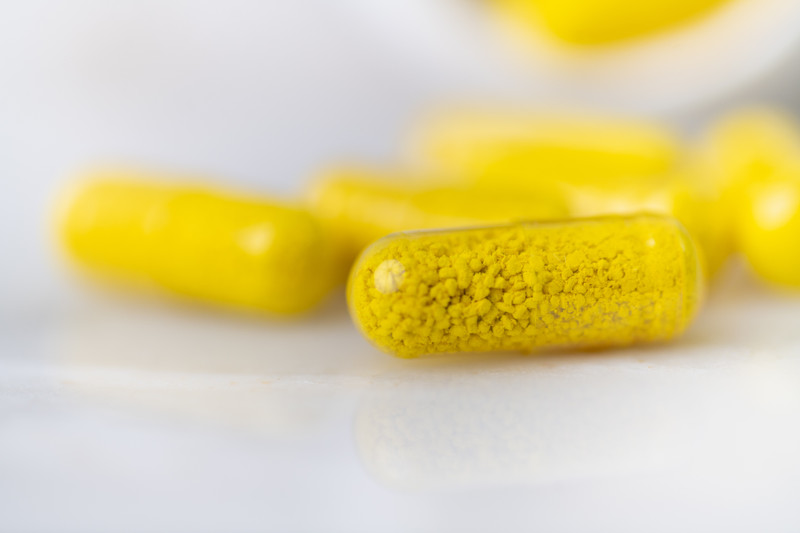Berberine is a natural compound found in some plants, and it has a range of potential benefits to human health. In fact, it has emerged in recent years as one of the most popular and widely-used supplements on the market. Here is a look at the background of berberine, and the most touted benefits offered by supplementing with it.
What Is Berberine?
Berberine is a unique, yellow-colored, bioactive compound which occurs naturally in some plants. It is extracted from the root, rhizome, and stem of the Chinese Coptis chinensis plant, as well as other plants in the Berberis family. Berberine has a long history of use in traditional Chinese medicine, and its reputation has been revived in modern medicine as a result of extensive scientific study.
The hundreds of studies on berberine have revealed the primary way it works in the human body. Berberine helps to regulate metabolism and energy levels within the body; One of the primary ways it does so is by activating an enzyme known as AMP-activated protein kinase (AMPK) in cells. Studies show that berberine can also produce the activation or suppression of certain genes, which could protect against chronic health issues. These and other mechanisms confirm that berberine has a long list of potential benefits.
The Biggest Benefits of Berberine
Berberine is characterized by benefits related to the herb’s management of certain health conditions, as well as to general human health. Here we discuss the five of the best-known benefits of this supplement:
Supports blood sugar: Berberine can help reduce blood sugar levels in individuals with type II diabetes. It is most effective when taken alongside traditional therapies for this disease. Studies show that berberine is just as effective as metformin for this purpose, and that it does so with no short-term side effects. Berberine also improves the markers which go along with blood sugar levels, including insulin resistance and hemoglobin A1C levels.
Controls cholesterol levels: Supplementing with berberine could result in reduced levels of low-density lipoprotein cholesterol in those with high cholesterol levels. It can also lead to a reduction in total bodily cholesterol. This benefit, as well as berberine’s ability to regulate blood sugar, make berberine useful in reducing the long-term risk of heart disease.
Relieves PCOS symptoms: Polycystic ovarian syndrome (PCOS) is a hormonal disorder which can cause weight gain, irregular periods, and excess hair growth in women. A 2023 review of multiple studies shows that taking berberine could improve ovulation and pregnancy rates in women with PCOS. Studies also show that berberine could improve body composition and hormone health in women with PCOS, which can reduce the risk of heart disease that comes with this disease.
Helps with Weight Loss: Some studies have shown that taking berberine can have a positive effect on body mass index (BMI). Taking berberine daily could result in a mild reduction of excess weight. This benefit appears to be linked to berberine’s ability to reduce triglyceride levels.
Provides Digestive relief: The symptoms of various digestive disorders could be relieved by taking berberine. This is because berberine has anti-inflammatory and antimicrobial properties which could benefit the gut microbiome. Berberine could reduce abdominal pain and diarrhea associated with irritable bowel syndrome (IBS) and ulcerative colitis.
Berberine is one of the most well-known and studied plant-derived compounds on the supplement market. If any of the benefits pique your interest enough to consider trying berberine, please be sure to first discuss its usage with your healthcare provider or other qualified health-care professional.

